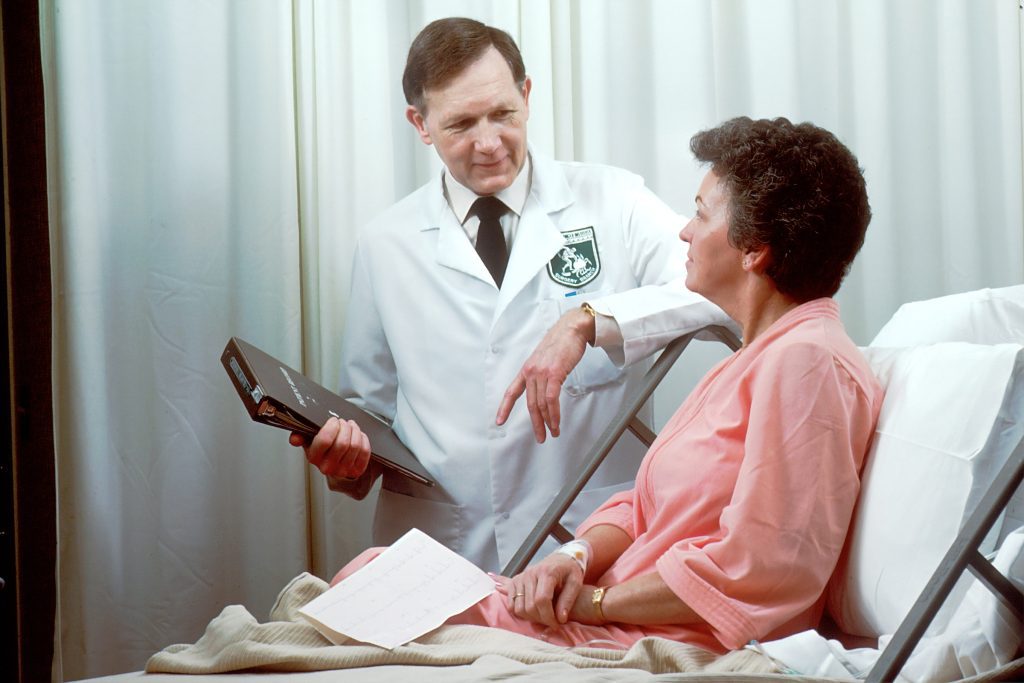Addressing Medical Gaslighting In Black Women’s Healthcare Journeys
Medical gaslighting is a distressing reality that disproportionately affects Black women within healthcare systems. This phenomenon involves downplaying, dismissing, or outright denying a patient’s medical concerns, leaving them doubting their own experiences and judgment. For Black women, this issue is compounded by the intersection of racism and sexism, resulting in a disturbing pattern of neglect and misdiagnosis.

Black women often find themselves navigating a medical landscape where their symptoms and pain are routinely minimized or overlooked. Such a situation might result in postponed or insufficient medical care, worsening their health issues and eroding their confidence in healthcare practitioners.
The historical context of medical racism further contributes to this problem, as evidenced by the notorious Tuskegee syphilis study and other unethical experiments that have deepened mistrust among Black communities.
Stereotypes and prejudices also contribute to the occurrence of medical gaslighting. Black women are sometimes unfairly perceived as having higher pain tolerance or being less sensitive to certain medical issues. These preconceptions can hinder accurate diagnoses and appropriate interventions.
The stories of Black women facing medical gaslighting are heart-wrenching and reveal the urgent need for systemic change. Dedicated advocates and researchers are tirelessly striving to increase awareness regarding this matter and advocate for transformative changes within medical establishments.

Improved cultural competence training for healthcare professionals, diverse representation in medical leadership, and open dialogues about racism and sexism in healthcare are steps in the right direction.
Addressing medical gaslighting requires a comprehensive effort from healthcare providers, policymakers, and society at large. Creating an environment where patients, especially Black women, feel heard, respected, and validated in their medical experiences is crucial for ensuring equitable and effective healthcare.
